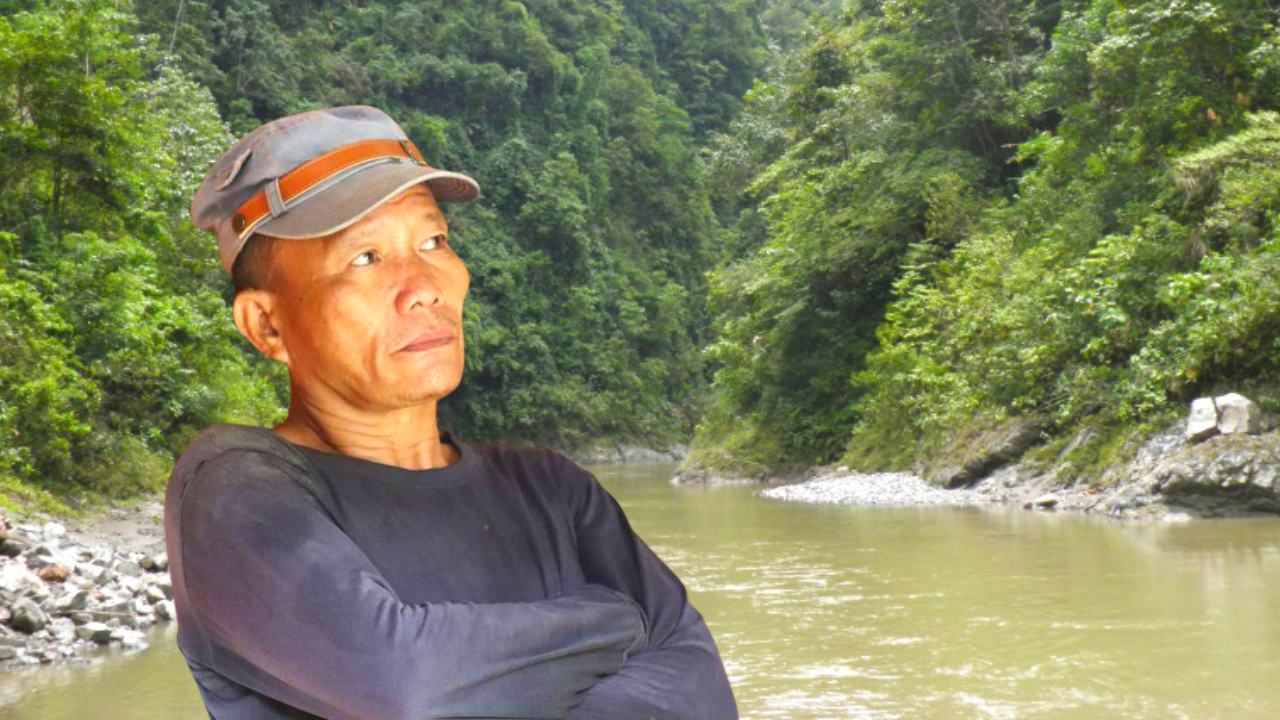PAN Asia Pacific (PANAP) joins the Global Day of Condemnation of the Tumandok Massacre. A month after the extrajudicial killings of nine indigenous Tumandok farmers in the Philippines, justice has not been served. This culture of impunity that allows the grisly massacre of small food producers who are merely defending their legitimate rights to land must end.
Based on our monitoring of land-related human rights violations, 63 out of 123 rural people killed from January to November 2020 were indigenous peoples. Next to Colombia, the Philippines recorded the highest number of land-related killings.
The Tumandok is the largest indigenous group in Panay Island, central Philippines. They engage in sustainable farming practices in their ancestral lands to conserve their rich soils and biodiversity, including traditional upland rice varieties. The massacre victims were members and leaders of TUMANDUK, a local organisation actively opposing so-called development projects that encroach upon their lands.
Among these are the multi-million dollar Jalaur River Multipurpose Dam, a joint project of the Philippine and Korean governments. The dam project is feared to displace at least 17,000 Tumandok and cause massive flooding affecting 1.2 million residents along the Jalaur river. They are also opposing the Panay River Basin Integrated Development Project, which is expected to flood at least 21,100 hectares of lands, including Tumandok ancestral domains.
On 30 December 2020, the nine Tumandok farmers were shot by state authorities at point-blank inside their homes. Sixteen others were arrested and remain in detention. Authorities claim that the victims were rebels who “fought back” when they were served search warrants for illegal possession of firearms, ammunition and explosives. However, villagers attest that the farmers were unarmed and sleeping when the authorities came.
In a statement, our local partner MASIPAG Visayas said that they have also worked with the Tumandok in opposing the proliferation of genetically-modified crops and pesticides use in the island. They honored the victims as “protectors of Panay’s biodiversity” and “keepers of indigenous knowledge and sustainable agricultural practices.”

The massacre of the Tumandok farmers is a grievous loss not just for their families, not just for the indigenous peoples’ movement, but for a global community that values small food producers and how indigenous knowledge is inextricably tied to land and the protection of biodiversity.
We join our partner organisations in the Philippines as well as more than 100 regional and global organisations in calling for an impartial probe into the Tumandok massacre. In the context of the current human rights crisis in the Philippines, we also urge relevant United Nations (UN) bodies to make use of international mechanisms to hold perpetrators of human rights violations accountable and to deliver justice to the victims. ###
Reference: Sarojeni Rengam, PANAP executive director
For more information, contact the PANAP Secretariat through nolandnolife@panap.net








Discussion about this post